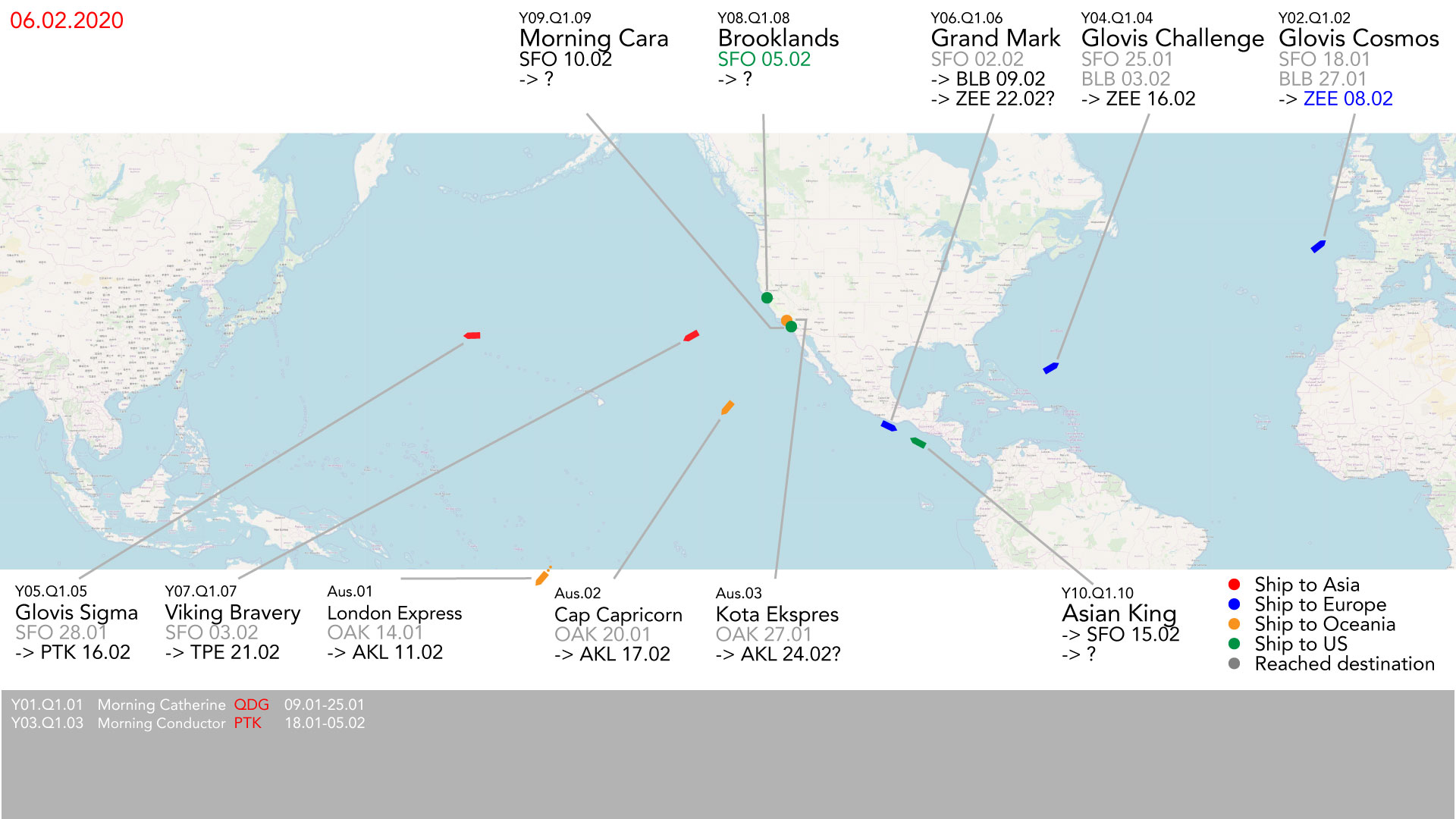Jack6591
Active Member
Fear of Missing Out
I drive a Tesla and work at an electric utility—my fellow employee always ask me about tesla—cars and stock. I try to finish all conversations about by planting the seed, don’t miss out. I describe the marriage of solar power and energy storage as disruptive to the utility’s core business emphasizing, don’t miss out. Hedge your retirement.
Tesla cool factor is an easy sell—the final flourish, don’t miss out.
I drive a Tesla and work at an electric utility—my fellow employee always ask me about tesla—cars and stock. I try to finish all conversations about by planting the seed, don’t miss out. I describe the marriage of solar power and energy storage as disruptive to the utility’s core business emphasizing, don’t miss out. Hedge your retirement.
Tesla cool factor is an easy sell—the final flourish, don’t miss out.



